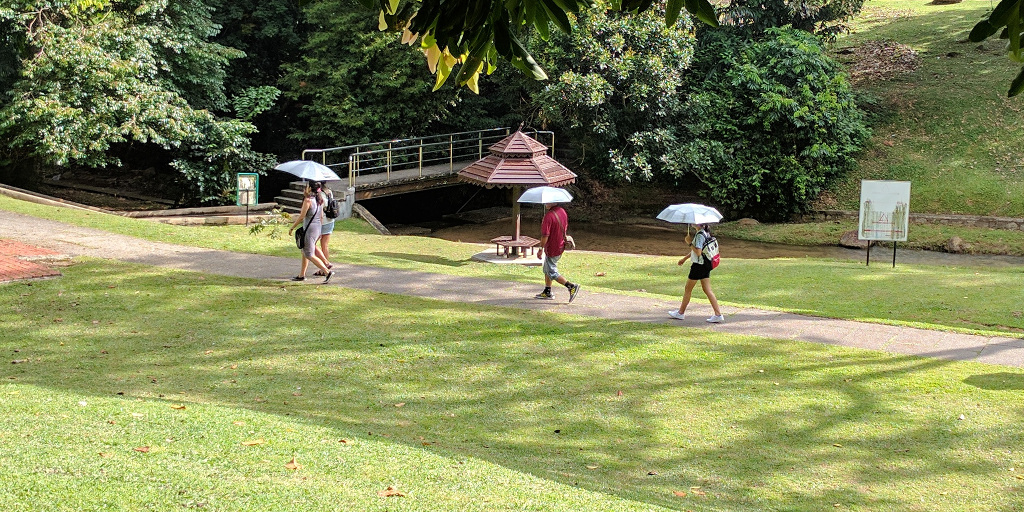Tag: Evergreen
-

Evaluation of theories vs. validation of hypotheses
Research should be presented with appropriate choice of words to the world. So it bugs me if researchers, maybe unknowingly, overreach and call the evaluation of a theory a validation thereof. I don’t think you can ever fully validate a theory, you can only validate individual hypotheses. The following figure shows how I think key…
-

Is exploratory data analysis bad?
Last weekend, I ventured into unchartered territory (for me) and attended the Berliner Methodentreffen, a research conference mostly frequented by social scientists. I participated in a workshop on mixed methods, where the presenter discussed different models of mixing methods with each other (“Methodenpluralität” in German). She omitted one model that I thought is often used:…
-

On the importance of an open standard exchange format for QDA projects
I just returned from the Berliner Methodentreffen. One of the initiatives that was most interesting to me is a new attempt at agreeing on and standardizing an open exchange format for qualitative data analysis projects between the different QDA tools. As of today, it is not possible to take your data from one vendor’s tool…
-

Why you should ask for money when working with industry
In our research, we often work with industry. In software engineering research, this is a no-brainer: Industry is, where there the research data is. That’s why we go there. For many research questions, we cannot create adequately, in a laboratory setting, a situation that lets us do our research. Once a researcher realizes this, they…
-

How to slice your research work for publication
I often discuss with my Ph.D. students how to structure their work and publish the results. There are many pitfalls. It gets more difficult, if we bring in other professors, who may have a different opinion on how to structure the work. Over time, I have found there are really only two main dimensions, though:…
-

Why “boring” is no reason for rejection
A researcher-friend recently complained to me that her research paper had been rejected, because the reviewers considered it “boring”. I recommended that she complain to the editor-in-chief of the journal, because in my book, “boring” is no acceptable reason to reject a paper. (“Trivial” may be, but that is a different issue.) The reasoning behind…



